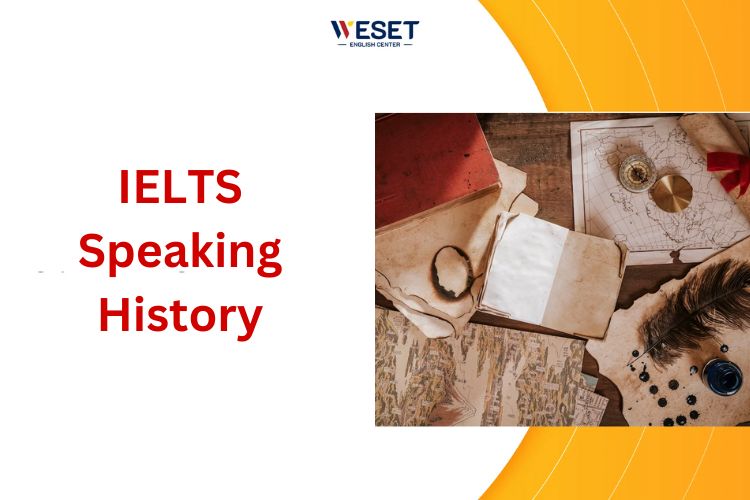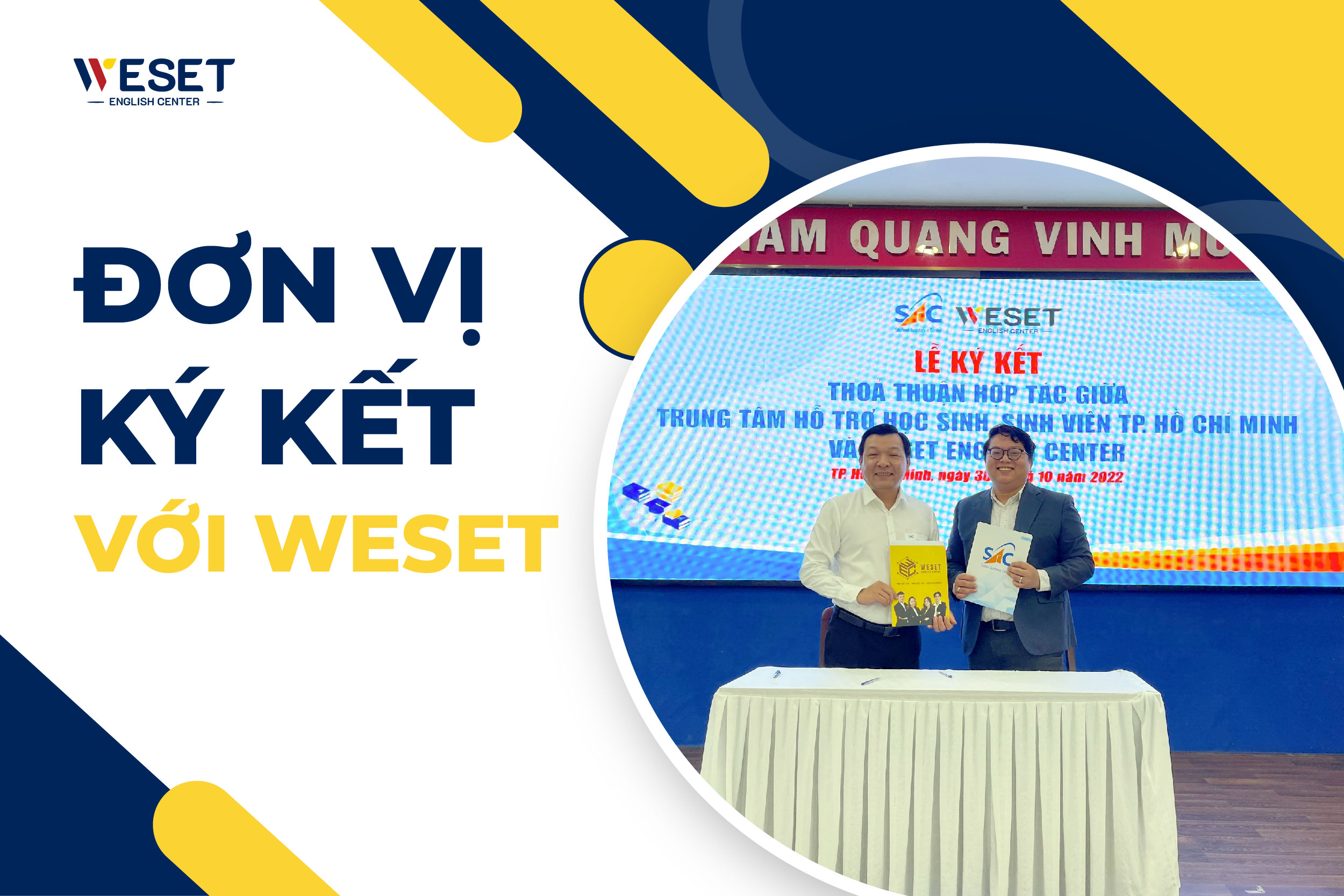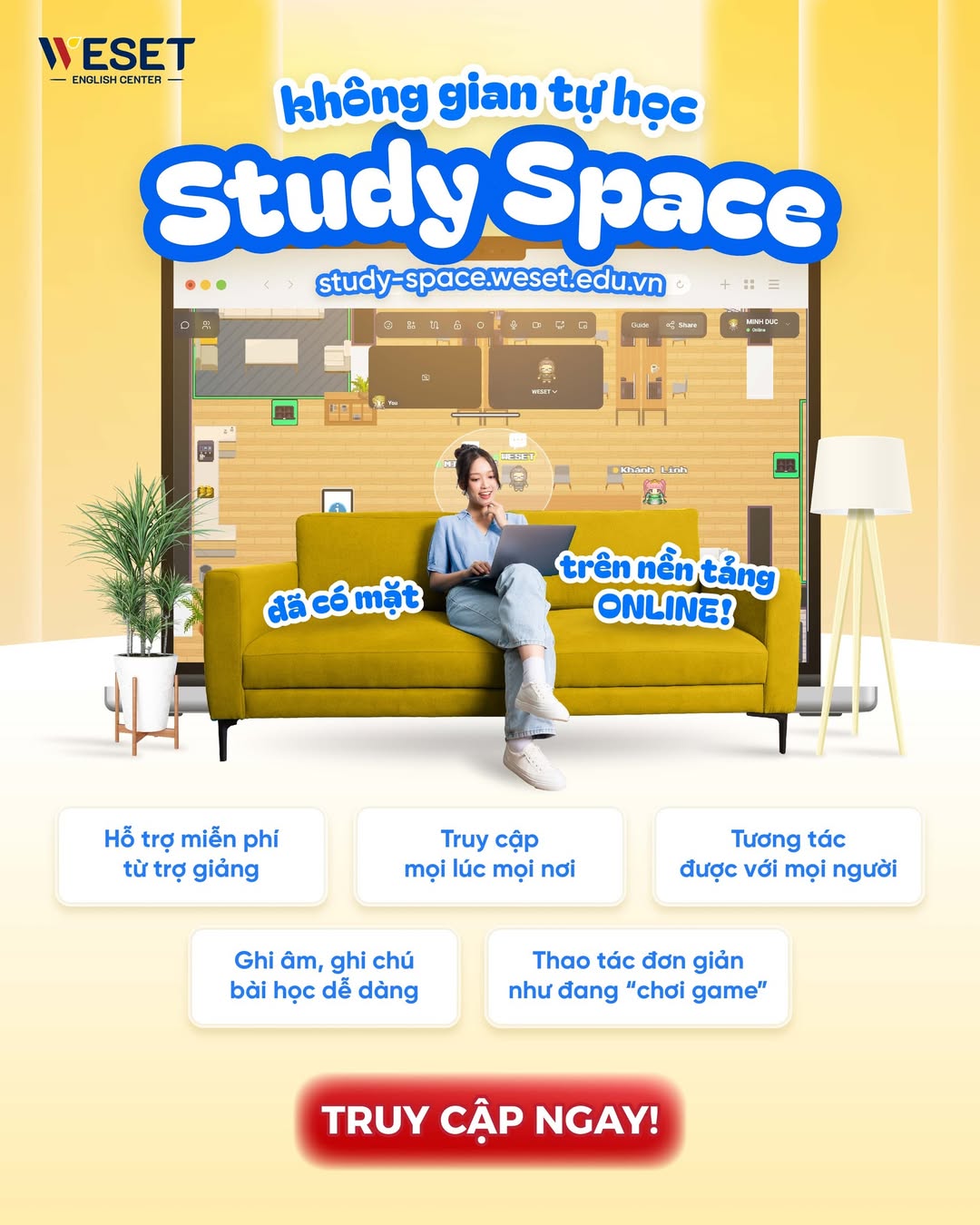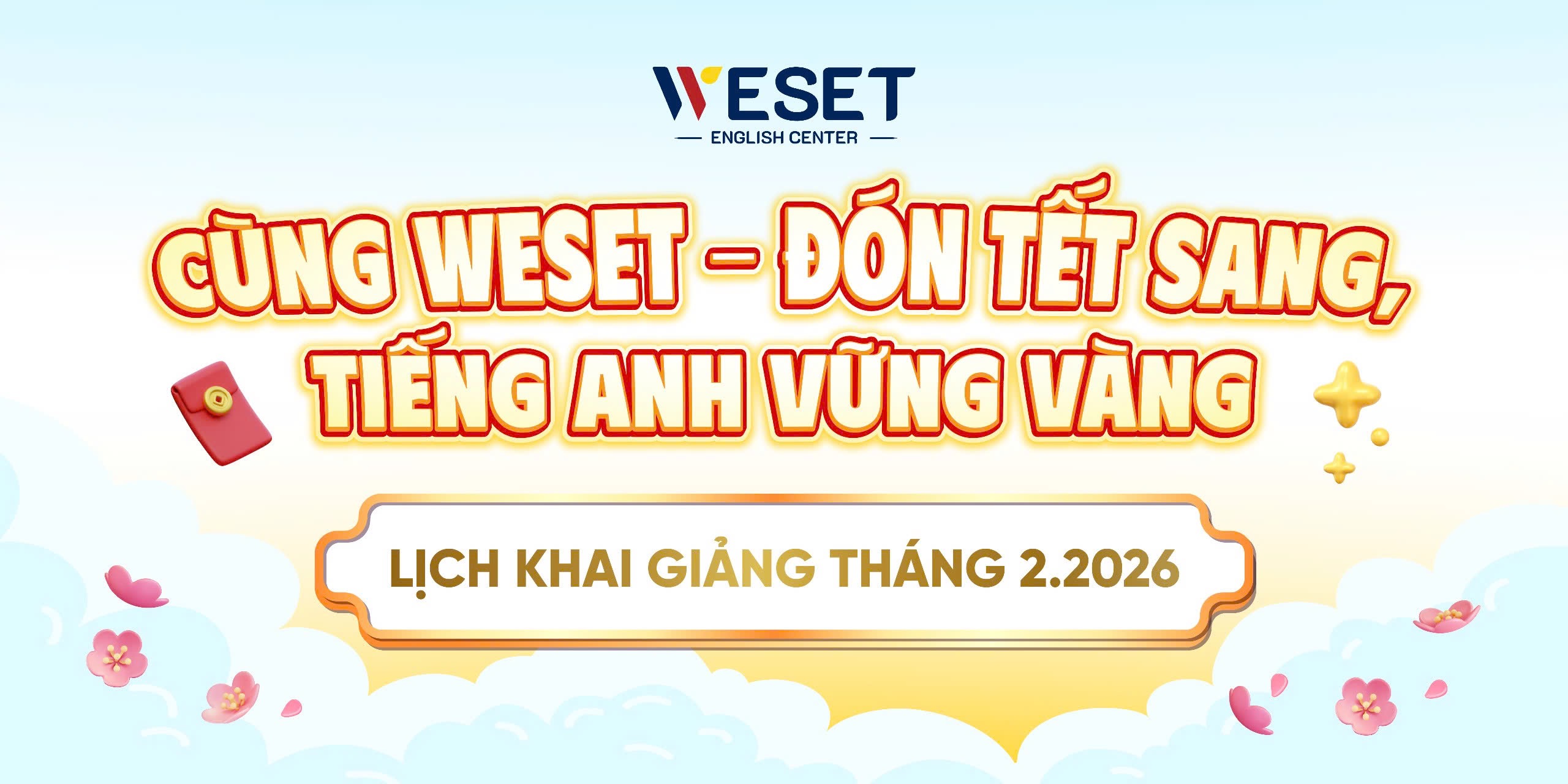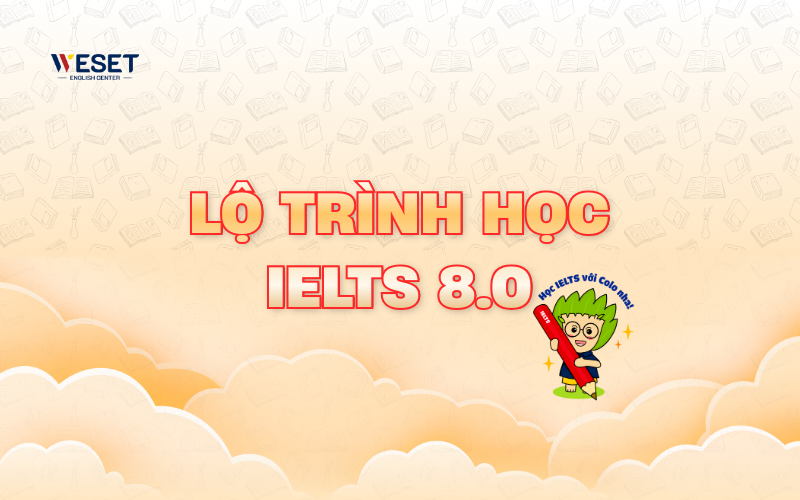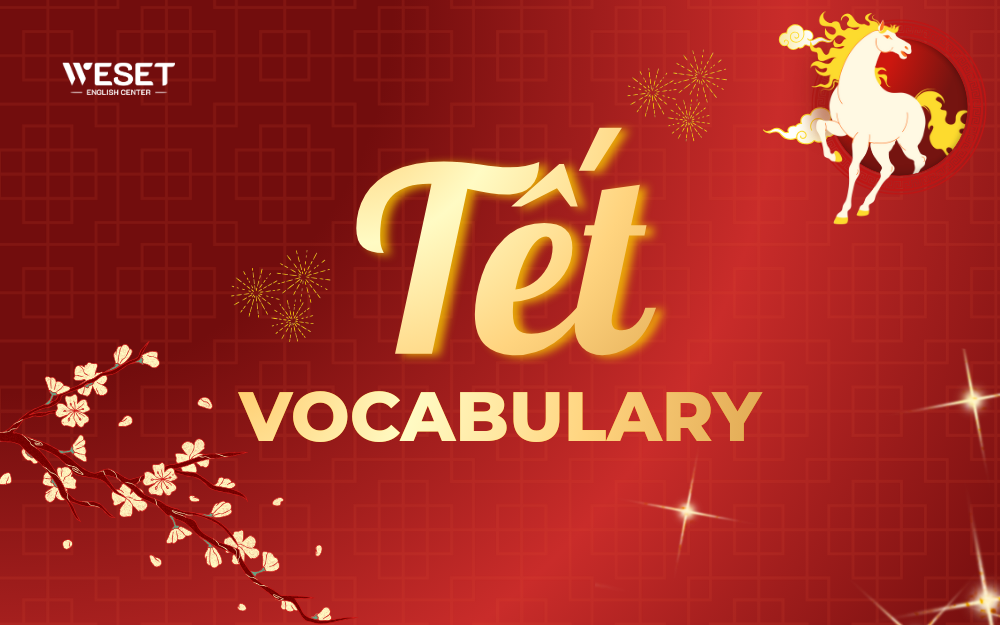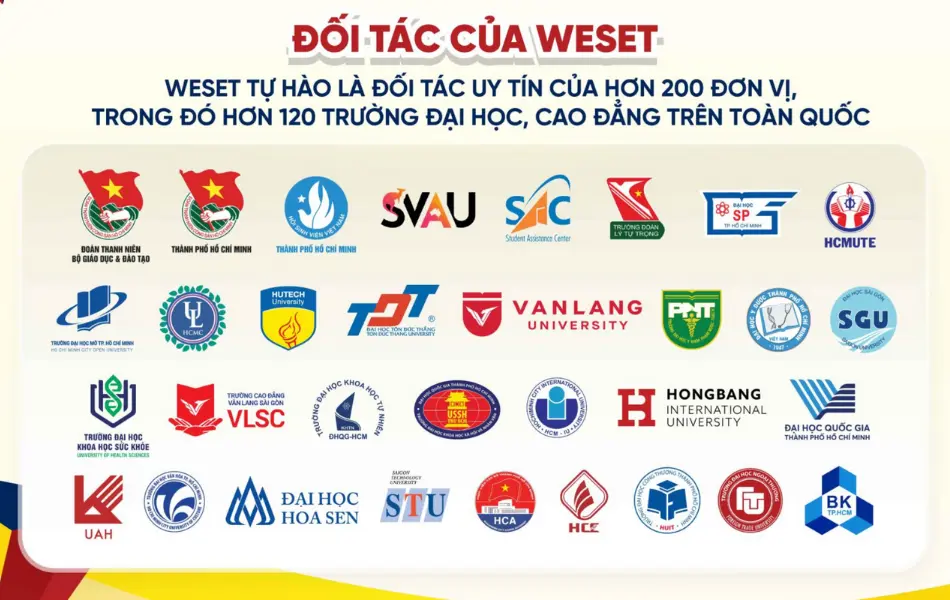Trang chủ Blog Bài thi IELTS mẫu IELTS Speaking History – Sample Part 1, 2 & 3
IELTS Speaking History – Sample Part 1, 2 & 3
- Jonathan M. Pham
- Bài mẫu IELTS Sample Speaking, Bài thi IELTS mẫu
MỤC LỤC
Trở lại với series bài mẫu theo các chủ đề Speaking thường gặp, hôm nay bạn hãy cùng WESET tìm hiểu topic IELTS Speaking History. Như thường lệ, chúng ta sẽ nghiên cứu một số câu hỏi & cách trả lời mẫu cho 3 part phần thi nói – kèm từ vựng liên quan đến chủ đề Lịch sử bạn nhé!
IELTS Speaking History – Part 1
Question 1: Do you like history? Why or why not?
Answer: Absolutely! I find history fascinating because it allows us to understand the past and learn from the experiences of our ancestors. It offers valuable insights into the evolution of societies, cultures, and civilizations, helping us make informed decisions in the present and shape a better future.
Question 2: What historical period interests you the most? Why?
Answer: I’m particularly intrigued by the Renaissance period. The explosion of art, science, and philosophy during this time was truly remarkable. It marked a significant shift from the Middle Ages, bringing about groundbreaking advancements that continue to influence modern culture. The works of great thinkers like Leonardo da Vinci and Michelangelo during the Renaissance era continue to inspire me.
Question 3: Are there any historical monuments or sites you would like to visit? Why?
Answer: One historical site that has always been on my bucket list is the Great Wall of China. Its majestic structure and the fact that it’s one of the few man-made wonders visible from space make it truly awe-inspiring. Additionally, the Great Wall bears witness to China’s rich history, showcasing the remarkable engineering and architectural skills of ancient civilizations.
Question 4: Do you think it’s essential for young people to learn about history?
Answer: Absolutely! Learning about history is crucial for young people. It provides a sense of identity and cultural awareness, enabling them to appreciate their roots and understand how past events have shaped the world they live in. Moreover, studying history teaches valuable lessons about human behavior, mistakes, and achievements, fostering critical thinking and empathy.
Question 5: How do you think technology has impacted the way we learn and understand history?
Answer: Technology has revolutionized the way we learn and understand history. With the internet, access to historical information and documents is now instantaneous. Online museums, virtual tours of historical sites, and interactive learning platforms have made history more engaging and accessible to people worldwide. However, while technology offers vast opportunities, it’s essential to ensure that the information we consume is accurate and reliable.
IELTS Speaking History – Part 2
Question: Describe a historical event that had a significant impact on your country. You should say:
- What the event was
- When it took place
- How it influenced your country, and
- How people in your country remember this event
Answer: One of the most momentous historical events that profoundly impacted my country is the Independence Movement that led to the freedom of my nation from colonial rule.
The event took place during the early 20th century, specifically between 1940 and 1945, as our nation struggled for independence from French colonial rule.
The influence of this movement on my country was multifaceted. Firstly, it united people from diverse backgrounds and regions, fostering a sense of national identity and solidarity in the face of adversity. The movement also kindled a spirit of resistance and nonviolent civil disobedience, spearheaded by visionary leaders like Ho Chi Minh, who inspired the masses to stand up for their rights and freedom.
The Independence Movement eventually led to the historic moment of gaining independence on September 2, 1945. The newly liberated nation faced numerous challenges in the aftermath, such as partition and communal tensions, but it laid the foundation for democracy and the values of pluralism and secularism, which still guide our country today.
People in my country remember this event with immense pride and gratitude towards the sacrifices made by our ancestors. Independence Day is celebrated annually with great enthusiasm, where citizens come together to honor the heroes of the past and reflect on the journey towards becoming a sovereign nation.
In conclusion, the Independence Movement that secured freedom for my country holds a special place in our collective memory. Its impact on the nation’s identity, values, and governance continues to shape our present and future aspirations.
IELTS Speaking History – Part 3
Question 1: How important is it for schools to include the study of history in their curriculum?
Answer: Including the study of history in school curricula is of utmost importance. History provides students with valuable insights into the past, helping them understand the evolution of societies and cultures. It teaches critical thinking, analysis, and empathy by examining the decisions and consequences of historical events. Moreover, studying history fosters a sense of identity and cultural awareness, which are essential for shaping well-rounded individuals who can contribute positively to society.
Question 2: In what ways can understanding history help us avoid making the same mistakes?
Answer: Understanding history allows us to learn from past mistakes and make informed decisions in the present and future. By analyzing historical events, we can identify patterns and consequences of certain actions. It enables us to recognize the factors that led to failures in the past and helps us take preventive measures to avoid repeating those mistakes. Furthermore, history offers valuable examples of successful strategies and solutions that can be applied to contemporary challenges.
Question 3: Some people argue that history is irrelevant in today’s modern world. How would you respond to this viewpoint?
Answer: While some may argue that history is irrelevant in the modern world, I strongly disagree. History serves as a compass that guides us through the complexities of the present. It provides context to our existence and helps us understand the root causes of current issues. Moreover, history offers numerous examples of resilience, innovation, and progress that can inspire and motivate us. By neglecting history, we risk losing touch with our cultural heritage and valuable lessons learned from our predecessors.
Question 4: How has the way history is taught changed over the years with the advancement of technology?
Answer: The advancement of technology has revolutionized the way history is taught. In the past, history was primarily taught through textbooks and lectures, limiting access to information and perspectives. However, today, technology offers an abundance of resources, such as online archives, interactive multimedia, and virtual reality tours of historical sites. This makes history more engaging, accessible, and inclusive, allowing students to explore diverse viewpoints and delve deeper into historical events. Additionally, technology enables educators to create dynamic and interactive learning experiences, enhancing students’ understanding and retention of historical knowledge.
Question 5: Some argue that the study of history can be biased depending on who writes the historical accounts. How can we address this issue?
Answer: Addressing historical bias requires a multi-faceted approach. Firstly, it’s essential to encourage the inclusion of diverse perspectives in history curricula and learning materials. By incorporating accounts from different cultures and viewpoints, we can present a more comprehensive and unbiased understanding of past events. Secondly, promoting critical thinking skills among students allows them to question and analyze historical sources critically. Lastly, fostering an open and respectful dialogue about historical controversies and acknowledging the limitations of historical records can help create a more balanced and nuanced understanding of history.
Từ vựng IELTS Speaking History Vocabulary
| English | Vietnamese (Tiếng Việt) |
|---|---|
| Part 1 Questions: | |
| History | Lịch sử |
| Fascinating | Lôi cuốn, hấp dẫn |
| Renaissance | Phục hưng |
| Monument | Công trình tưởng niệm |
| Essential | Cần thiết |
| Identity | Danh tính |
| Part 2 Questions: | |
| Historical event | Sự kiện lịch sử |
| Significant | Quan trọng, đáng kể |
| Colonial rule | Cai trị thuộc địa |
| Civil disobedience | Không tuân theo dân sự |
| Liberation | Giải phóng |
| Part 3 Questions: | |
| Curriculum | Chương trình giảng dạy |
| Avoid | Tránh |
| Repeating mistakes | Lặp lại sai lầm |
| Irrelevant | Không liên quan |
| Accessible | Truy cập được |
| Diverse | Đa dạng |
| Bias | Thiên vị, thiên lệch |
| Perspective | Quan điểm |
| Controversies | Các tranh cãi, tranh luận |
Lời kết
Trên đây là một số câu hỏi mẫu – kèm gợi ý trả lời và từ vựng hữu ích cho chủ đề IELTS Speaking History. Hãy luyện tập thường xuyên để thành thạo hơn mỗi ngày – cũng như tham khảo thư viện bài mẫu IELTS của WESET và đăng ký nhận tin để cập nhật các mẹo học tiếng Anh mới nhất nhé!
Sample Speaking theo các chủ đề khác:

